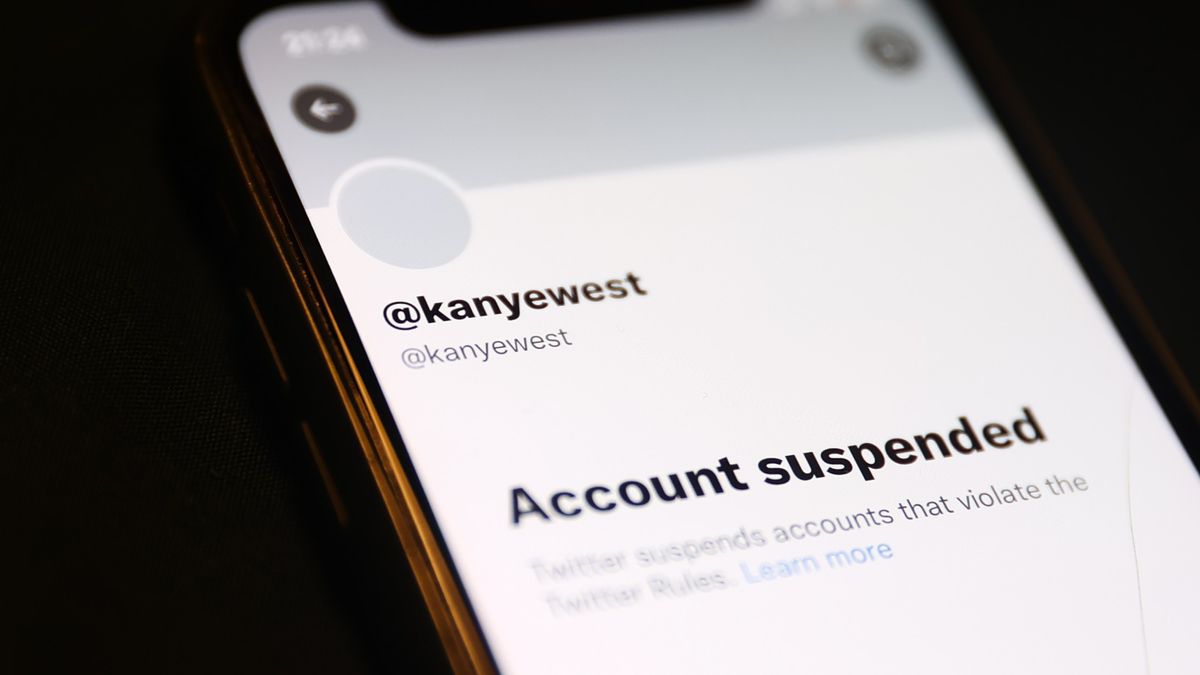The Digital Agora: Understanding Its Role in Modern Discourse
In recent years, social media has transformed into a digital agora, a vibrant space echoing the public squares of ancient Greece where citizens gathered to engage in dialogue and debate. Today, platforms like Twitter, Facebook, Instagram, and TikTok serve as the primary arenas for public discourse, reshaping how we communicate, form opinions, and interact with societal norms. This article explores the profound impact of social media on modern discourse, highlighting its implications for communication patterns, societal engagement, and the future of public dialogue.
The Evolution of Communication in the Digital Age
Historically, communication has evolved from oral traditions to written forms, and eventually to electronic media. With the advent of the internet, we entered a new phase characterized by instantaneous access to information and the ability to connect with others across vast distances. Social media epitomizes this evolution, allowing users to share thoughts, experiences, and ideas with just a click.
As a digital agora, social media facilitates a democratic exchange of ideas, where anyone with an internet connection can participate in discussions that were once the domain of the elite or the privileged few. This shift has led to a more inclusive public sphere where diverse voices can be heard.
Empowerment of Voices
One of the most significant aspects of social media is its ability to empower marginalized voices. Historically, societal discourse often sidelined certain groups, but platforms like Twitter and Instagram have provided a stage for activists, minorities, and everyday individuals to share their stories. Movements such as #BlackLivesMatter and #MeToo illustrate how social media can mobilize communities and bring attention to critical issues.
- Accessibility: The accessibility of social media allows for greater participation from individuals who may not have had a voice in traditional media.
- Global Reach: Social media transcends geographical boundaries, connecting individuals from different cultures and backgrounds.
- Real-Time Engagement: Users can engage in live discussions, amplifying their message and creating a sense of urgency around social issues.
The Double-Edged Sword of Information
While social media has democratized discourse, it has also introduced challenges related to the quality and veracity of information. The ease with which content can be shared has led to the rapid spread of misinformation and disinformation. False narratives can go viral, leading to societal polarization and confusion.
Understanding Misinformation and Its Impact
Misinformation, defined as false or misleading information shared without harmful intent, can easily proliferate on social media. On the other hand, disinformation involves the deliberate spread of false information to deceive others. Both can have severe consequences on public perception and behavior.
- Polarization: Misinformation can deepen societal divides, creating echo chambers where individuals only engage with like-minded perspectives.
- Trust Erosion: The rampant spread of false information can lead to a general distrust in media outlets and institutions.
- Public Health Risks: Misinformation around health issues, such as vaccines, can result in dangerous behavior and public health crises.
To combat misinformation, social media platforms are increasingly implementing fact-checking measures and algorithms designed to limit the spread of false information. However, the challenge remains significant, as users must also take personal responsibility for their engagement with content online.
Redefining Public Engagement
The digital agora has also redefined public engagement, shifting how individuals interact with civic processes. Social media has become a tool for political campaigns, grassroots activism, and community organization.
The Role of Social Media in Political Discourse
In the political arena, social media serves as both a platform for candidates to communicate directly with voters and a space for citizens to voice their opinions on pressing issues. The immediacy of social media allows for real-time feedback and engagement, fundamentally changing the dynamics of political communication.
- Direct Communication: Politicians can bypass traditional media filters to communicate directly with constituents.
- Grassroots Movements: Social media enables grassroots movements to organize and mobilize quickly, often leading to significant political change.
- Voter Engagement: Campaigns leverage social media to engage younger voters, who are more likely to be active on these platforms.
The Future of Discourse in the Digital Agora
As we look toward the future, the role of social media in shaping discourse will continue to evolve. Innovations in technology, such as artificial intelligence and augmented reality, may further influence how we interact with information and each other.
Potential Developments
Several trends may shape the future of social media and public discourse:
- Increased Regulation: Governments may impose stricter regulations on social media platforms to address issues of privacy, misinformation, and harmful content.
- Enhanced User Experience: Advances in technology could lead to more personalized and engaging user experiences, fostering deeper connections and discussions.
- Focus on Mental Health: Platforms might prioritize user well-being, implementing features to reduce toxicity and promote positive interactions.
While challenges remain, the digital agora has the potential to enrich public discourse, allowing for a more informed and engaged citizenry. As we navigate this complex landscape, it is crucial to remain vigilant, fostering an environment where diverse voices can contribute to meaningful discussions.
Conclusion: The Promise of the Digital Agora
The digital agora represents a significant shift in how we communicate and engage with one another. By embracing the opportunities and addressing the challenges presented by social media, we can work towards a future where discourse is not only inclusive but also constructive. As we harness the power of these platforms, we must remain committed to creating a vibrant space for dialogue, understanding, and collaboration in the 21st century.
See more Future Tech Daily

